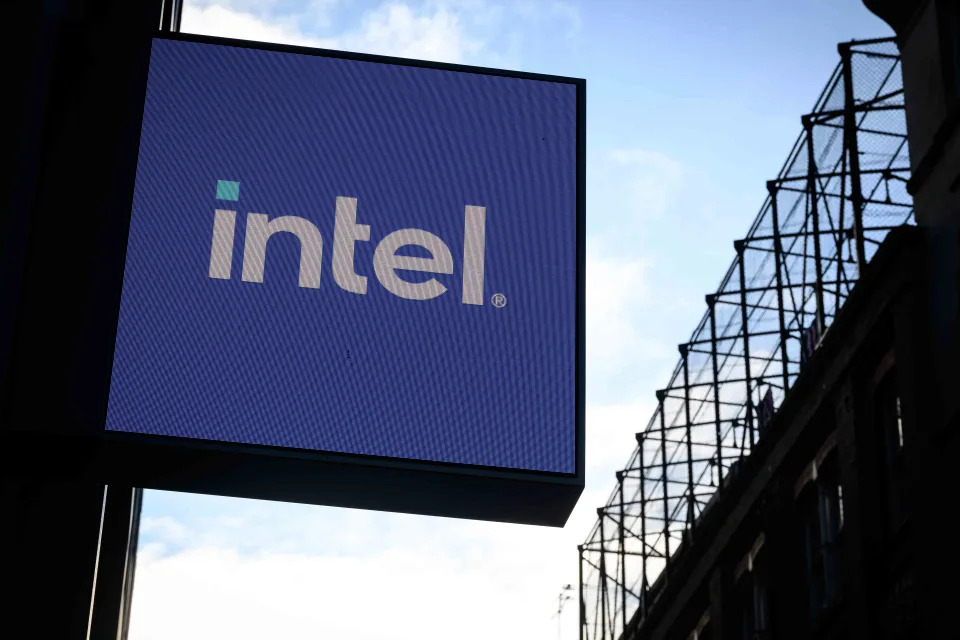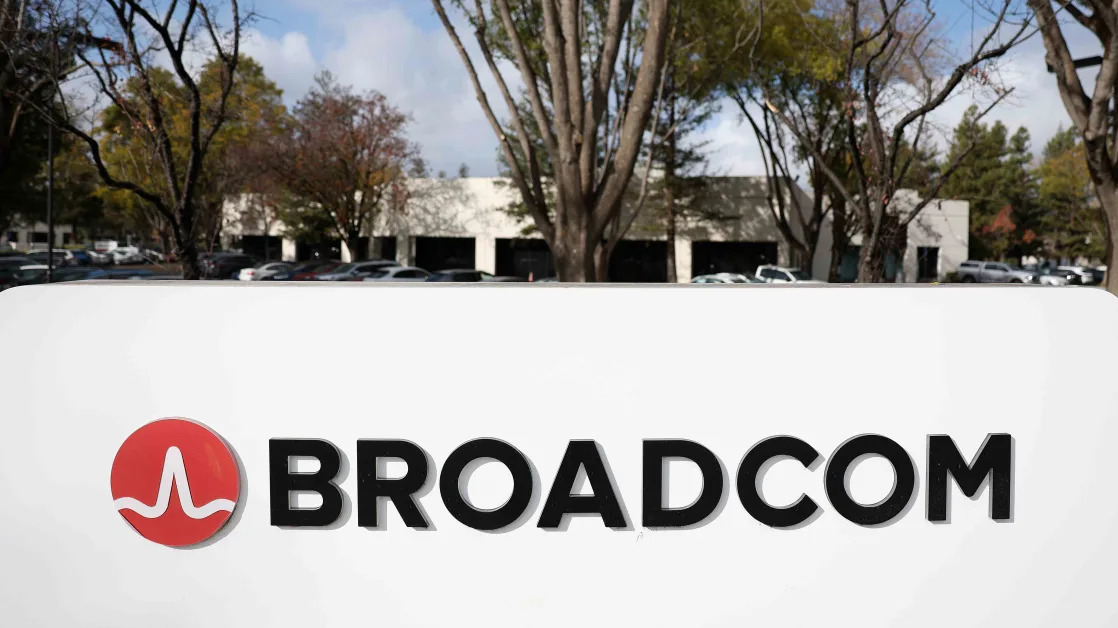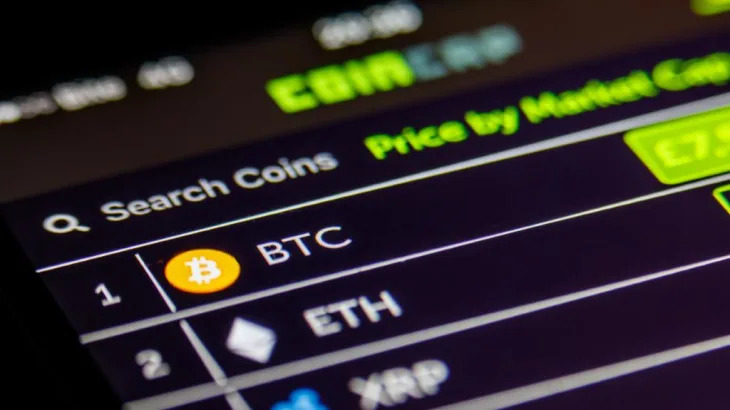
Key Takeaways
Investors in Intel's ( INTC ) stock haven't had much to celebrate in 2024, with the shares losing more than half their value. Next year could be challenging too.
Analysts have suggested that the appointment of a new CEO and changes to Intel’s turnaround plans could be near-term catalysts for the stock. But they also say that the business challenges facing the storied chipmaker could take months—or years—to work through.
“The situation here seems likely to keep getting worse before it gets better,” Bernstein analysts wrote after the
departure of former CEO Pat Gelsinger
earlier this month.
As Intel searches for a new CEO, the company's path forward is likely to evolve. Gelsinger had been a proponent of keeping Intel's own manufacturing and contract foundry businesses as part of his turnaround effort. Now analysts suggest a breakup of its operations could be more likely. (Rumors to that effect occasionally energized Intel's shares earlier this year.)
In a presentation to investors last week, interim co-CEOs Dave Zinsner and Michelle Johnston Holthaus called the possibility of a full separation of Intel's foundry business an “open question for another day,” according to a transcript provided by AlphaSense.
Shares of Intel finished Friday at $19.52, leaving them down 61% for the year. The PHLX Semiconductor Index ( SOX ) is up about 19% in 2024; Nvidia ( NVDA ), which earlier this year replaced Intel in the Dow , has more than doubled in value.
Wall Street is broadly cautious about Intel's stock, with 13 of the 16 analysts tracked by Visible Alpha sitting on "hold" ratings and three with "sells." Still, there is some degree of optimism out there: Their consensus price target, currently around $24, represents a roughly 23% premium to recent prices.
Bank of America analysts wrote earlier this month that a breakup could now become more likely. The analysts, however, also said much of Intel’s turnaround could still depend on the foundry business, set to receive billions of dollars in CHIPS Act funds tied to meeting manufacturing milestones.
While a breakup could benefit shareholders in the short term, Wedbush analysts wrote recently, it would fail to resolve Intel’s larger issues in proving its competitiveness, citing the company's "lagging position" in both chip design and production.
And Bernstein analysts earlier this week advised investors to "stay far away."
Read the original article on Investopedia





